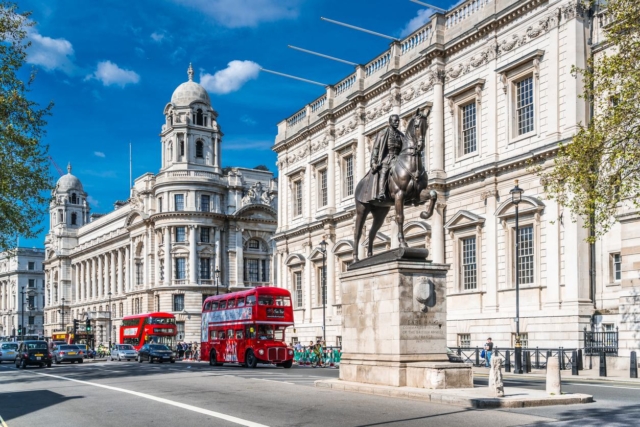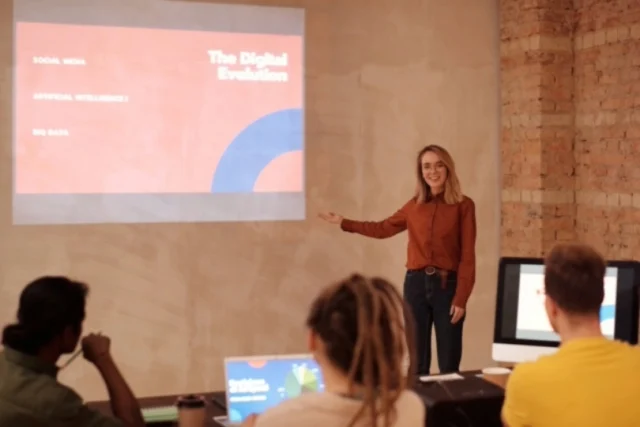Does the Civil Service have sufficient skills and talent from other sectors?

I recently attended a thought-provoking discussion at the Institute for Government (IfG) with three Permanent Secretaries (Cat Little, Gareth Davies, and Sarah Munby) on “Bringing in the best: How can the civil service recruit and retain top talent?”
One of the topics, the discussion kept circling back to, was: Does the Civil Service have sufficient skills and talent from other sectors?
The IfG’s own research into the top 200 leaders of the Civil Service, found that it’s common for these top officials to have spent time outside government and thus bring outside perspectives and skills. And that though the perceptions of the lack of these external skills in the Civil Service are exaggerated, it is fair to say that these experiences are perhaps shallower; that is, for shorter time periods and earlier in careers.
In the private sector, 25% of leaders are recruited externally. However it’s likely that many of these external hires come from within the same industry. For example, externally hired hospitality leaders are likely to have come from another firm in the hospitality industry. This is perhaps primarily because familiarity with the operating context supports effective decision making.
Gareth noted that like any large organisation, the Civil Service had its own acronyms that needed translating for outsiders, and its own ways of working – for example, in his experience, “Government is a team sport” where to drive change you need to build coalitions. However ‘organisation-specific’ acronyms and ways of working are just as much barriers to joining any large private sector organisation.
While Cat emphasised the similarities of the Civil Service to other sectors, e.g. policy making is strategy; Sarah noted that the context, in particular being there to serve Ministers was quite different, and that there were Civil Service Skills, just like there were Retail Skills. And that it would be risky to bring someone from the private sector to run a “policy shop”.
In summary, distilling these various points of view, perhaps it is more difficult to hire externally into the Civil Service because the only place you can develop Civil Service skills and familiarity with the “industry’s” operating context is the Civil Service.
If higher barriers explain why a smaller proportion of leaders are hired externally, it does not mean it is not a problem worth fixing. If you believe that: diversity-of-thought, driven by diversity-of-experience, drives better outcomes; that external hires challenge the status quo and bring change and organisational learning; and the larger the organisation – and the Civil Service is one of the largest – the larger the inertia. Then surely it is worth trying hard to hire more external leaders?
Every leadership team should be just that “a team”. A diverse team, a jigsaw puzzle of strengths and weaknesses, perhaps where “internals” provide the Civil Service operating context and unique Civil Service skills and “externals” provide equally valuable skills and perspective honed in other sectors and together they make something greater than the sum of the parts?
While, that is my perspective, an external CEO, Sarah’s comment “we need to fuse great externals with those that understand the system” suggests it’s embraced by Civil Service leaders.
If you found this interesting, you can find a further summary of details of the Perm Secretaries’ discussion of Current Initiatives to address skills gaps and The most urgent challenges & potential future initiatives by clicking on the links.
Thank you to the IfG, Alex Thomas, Jordan Urban, Cat, Gareth and Sarah. Click here for the full IfG video of these Civil Service leaders’ thoughts on the status quo, the challenges and the future.
Charles Hipps
CEO, Oleeo



